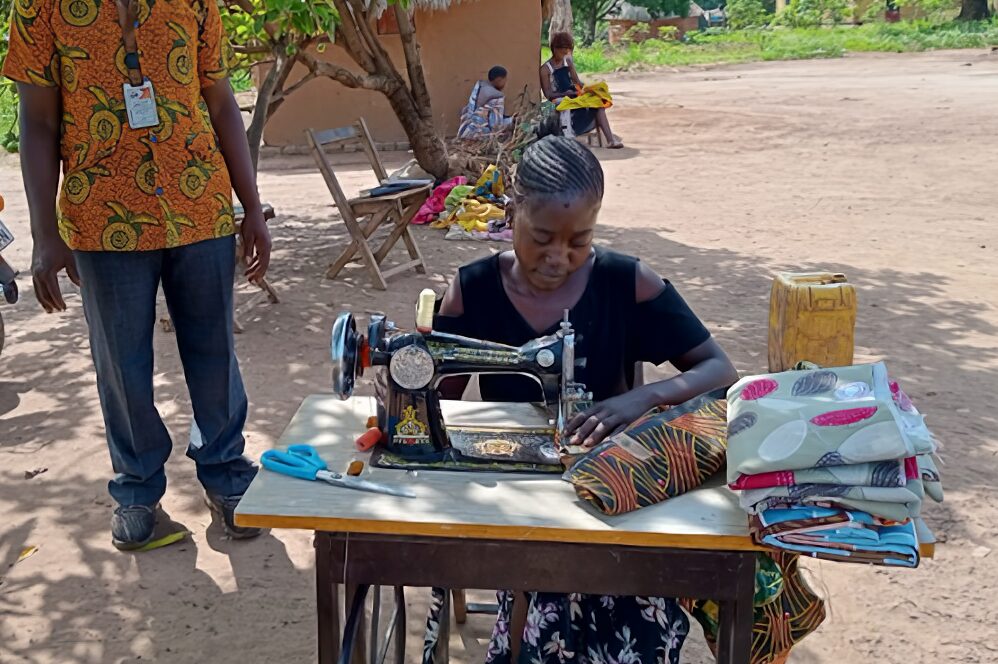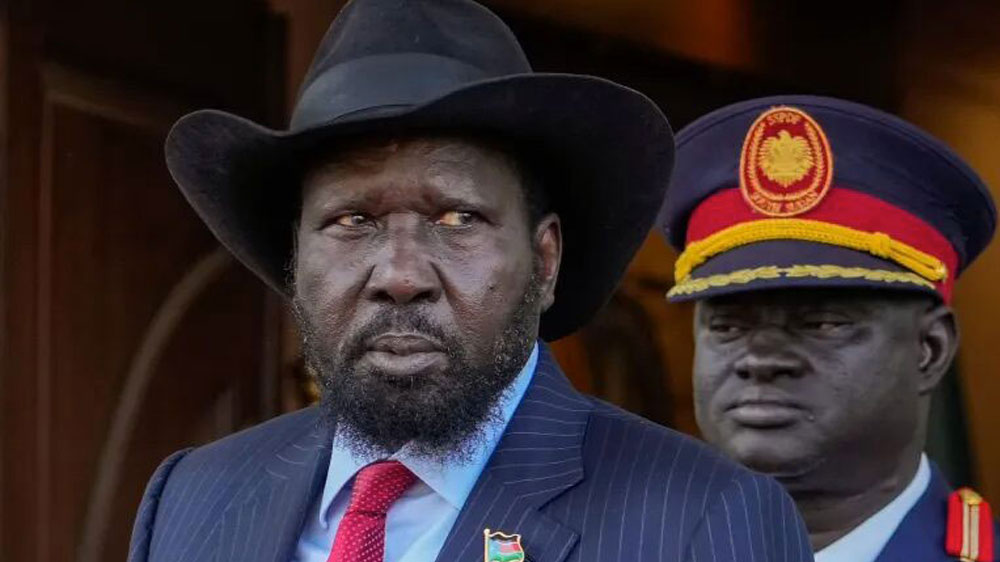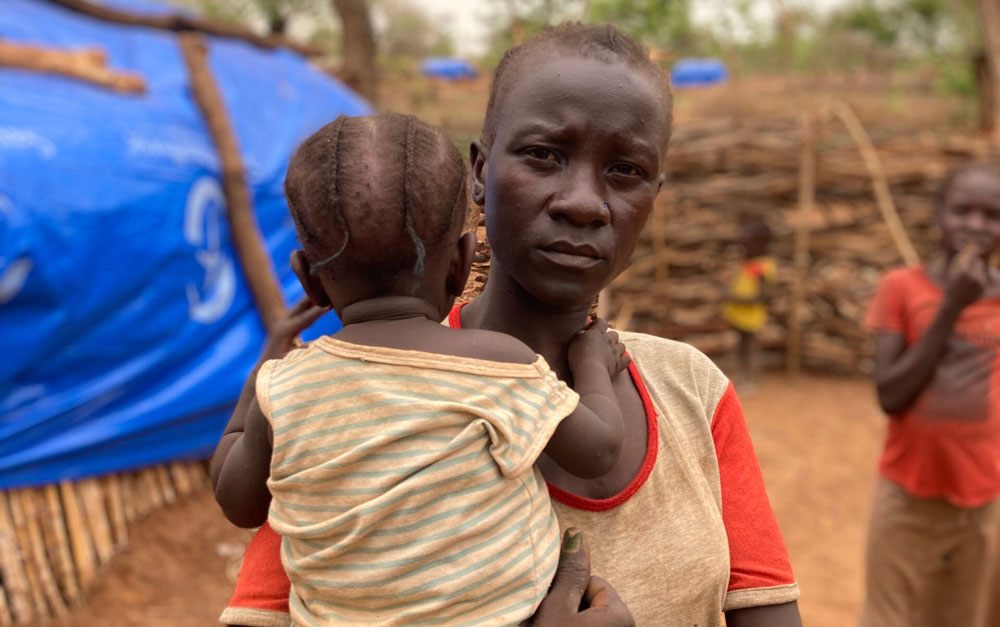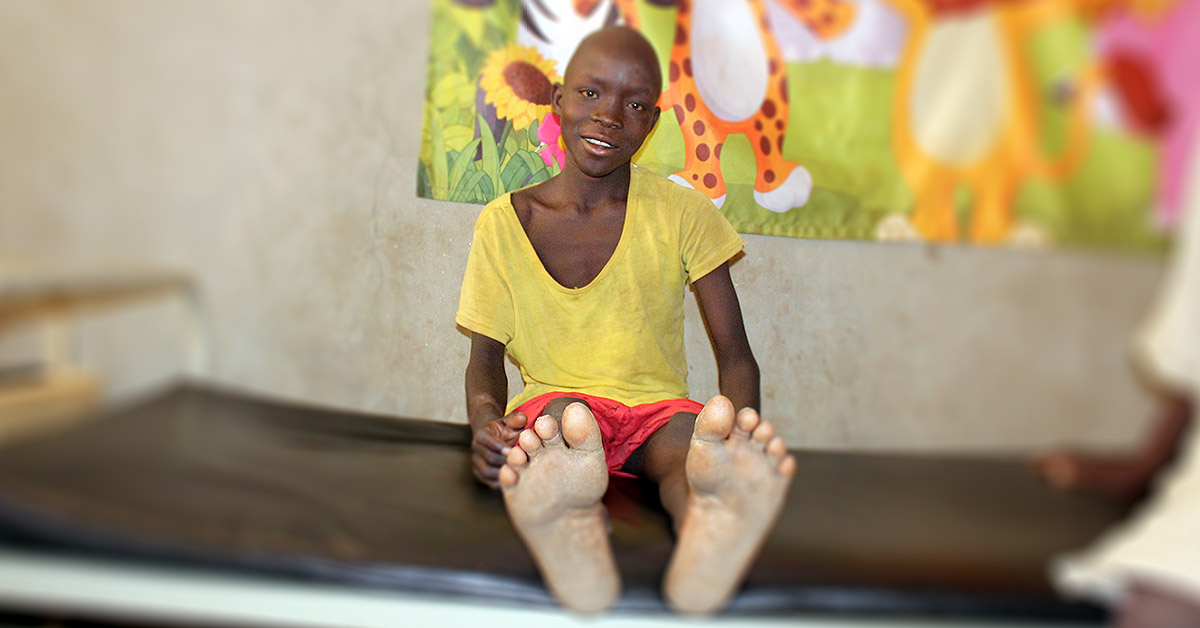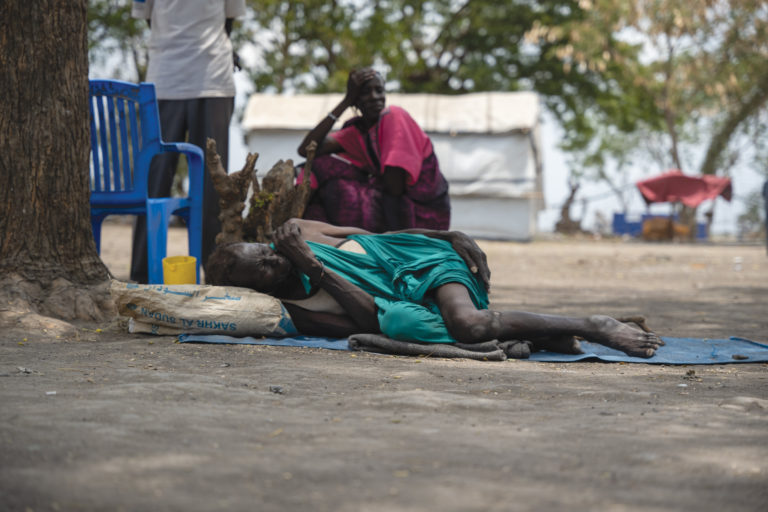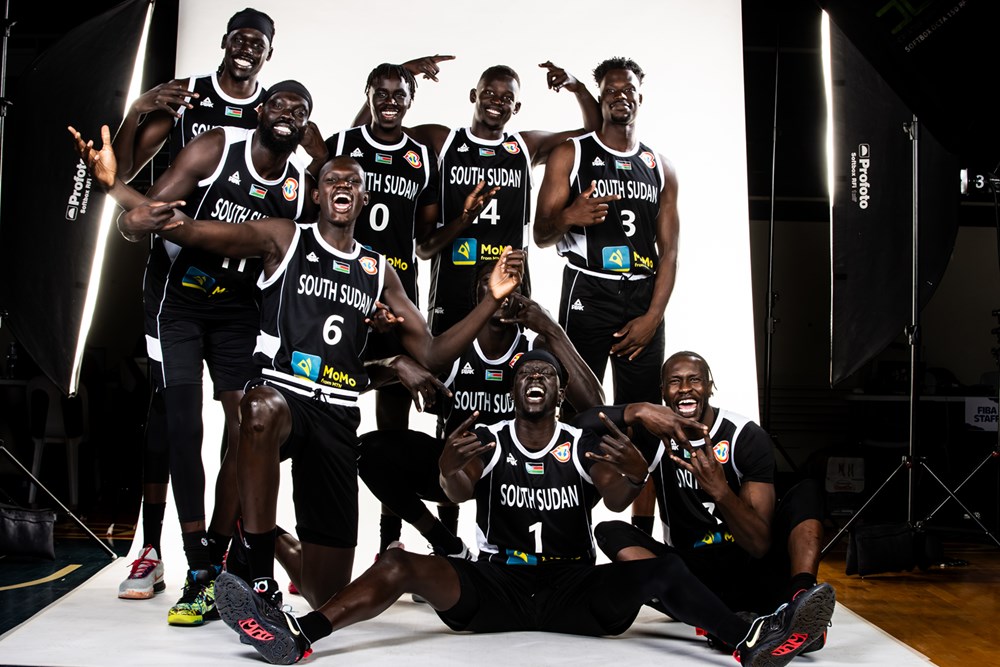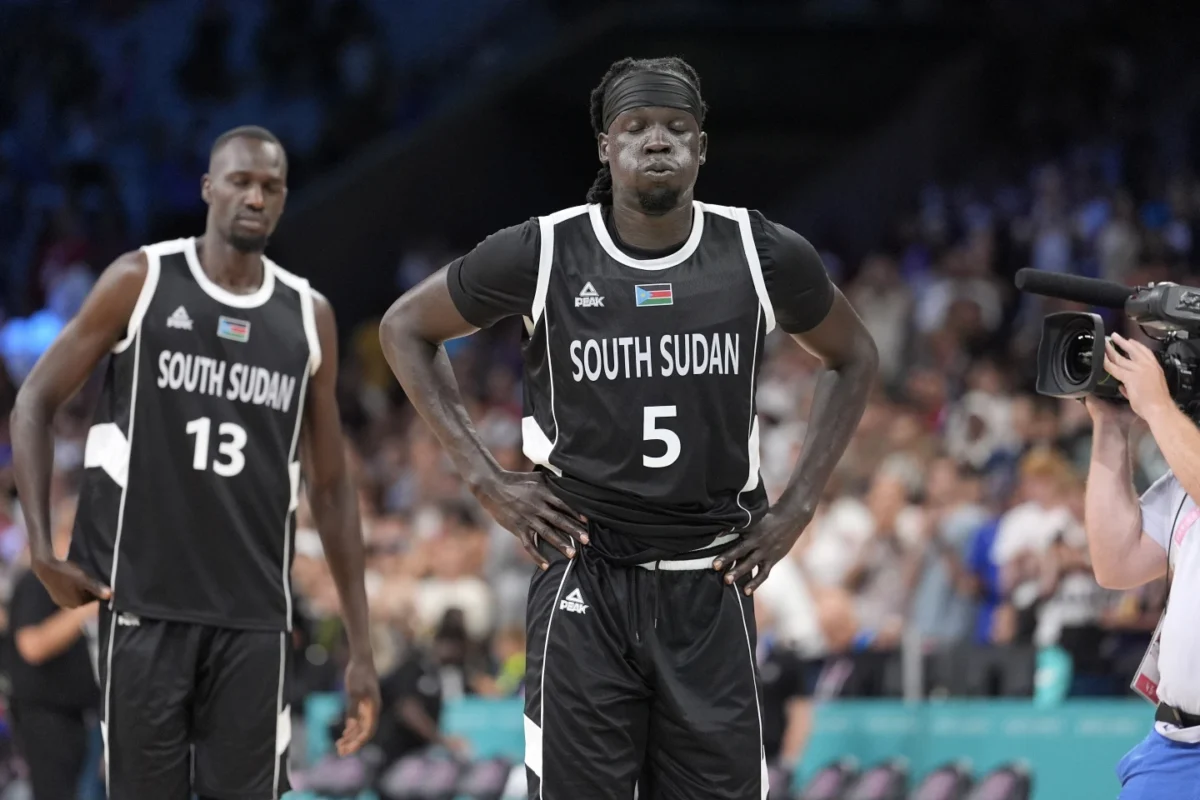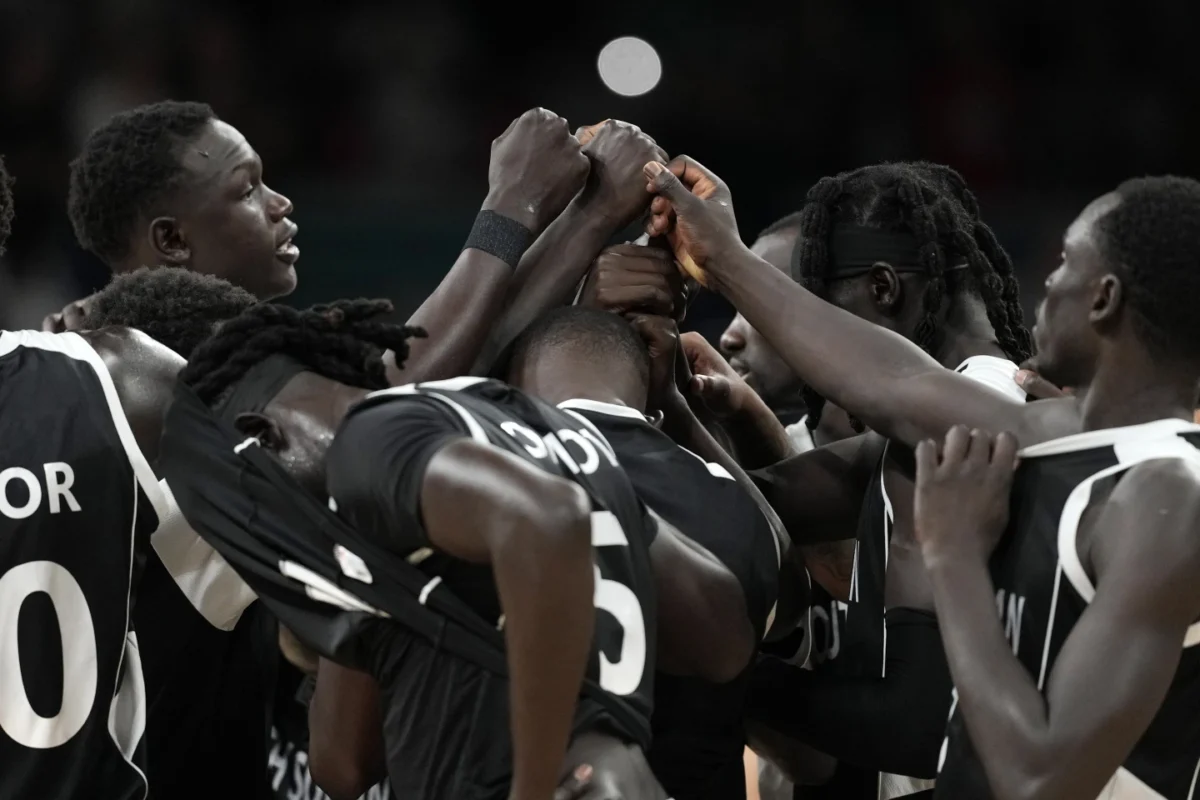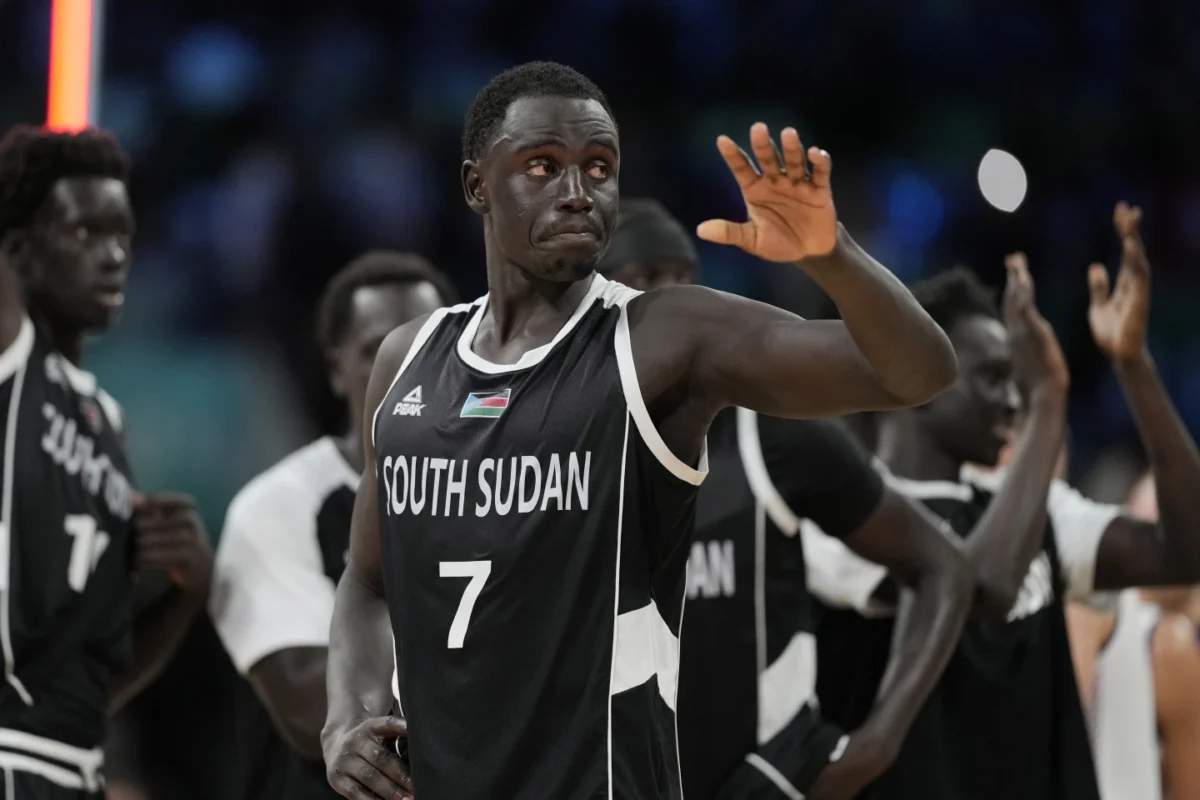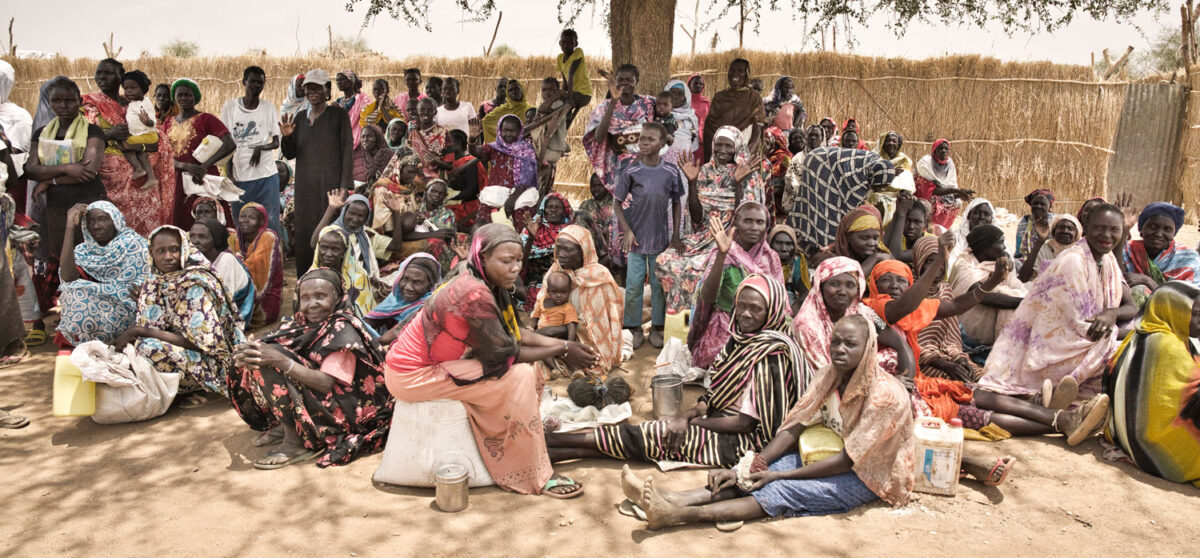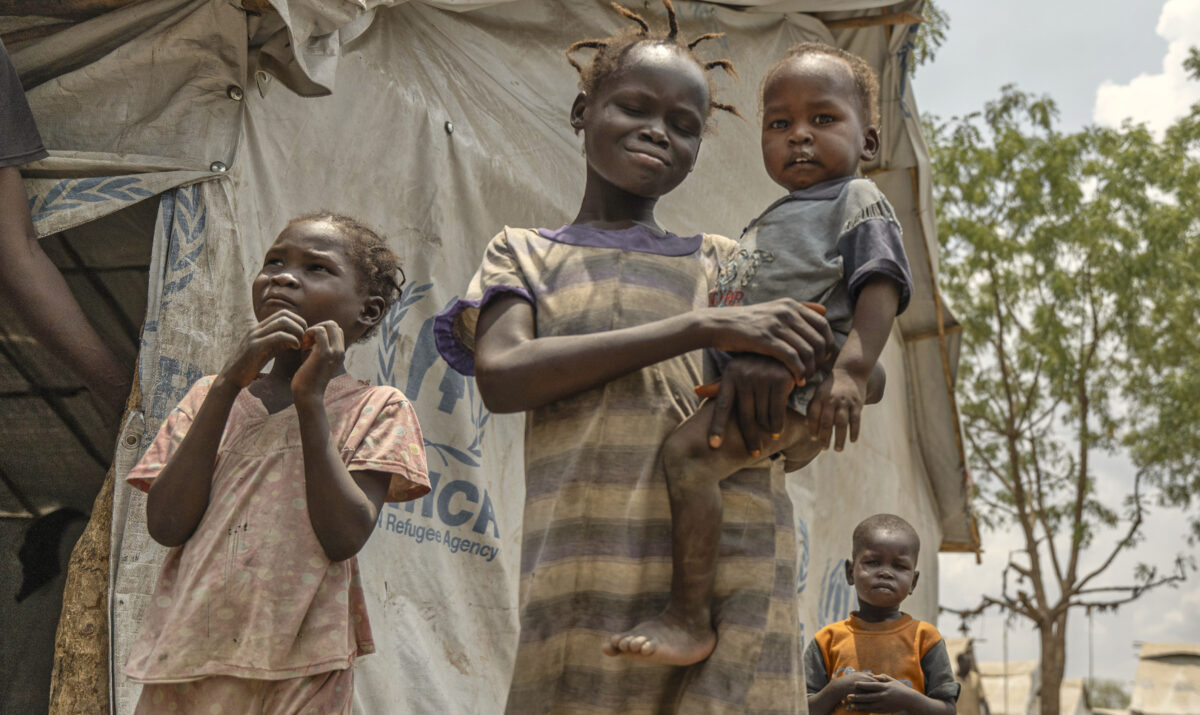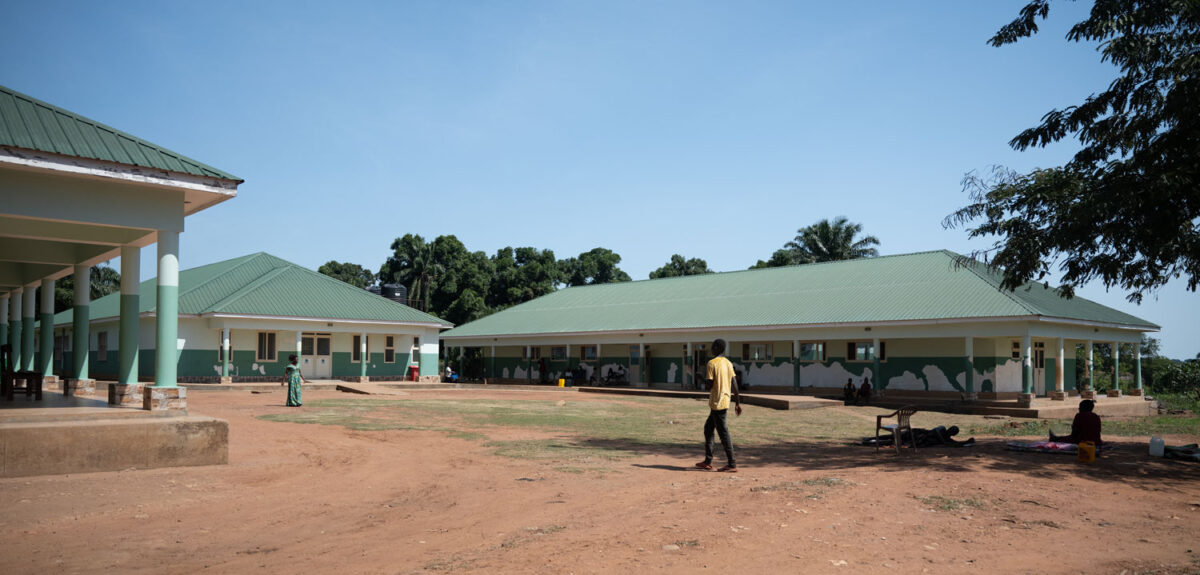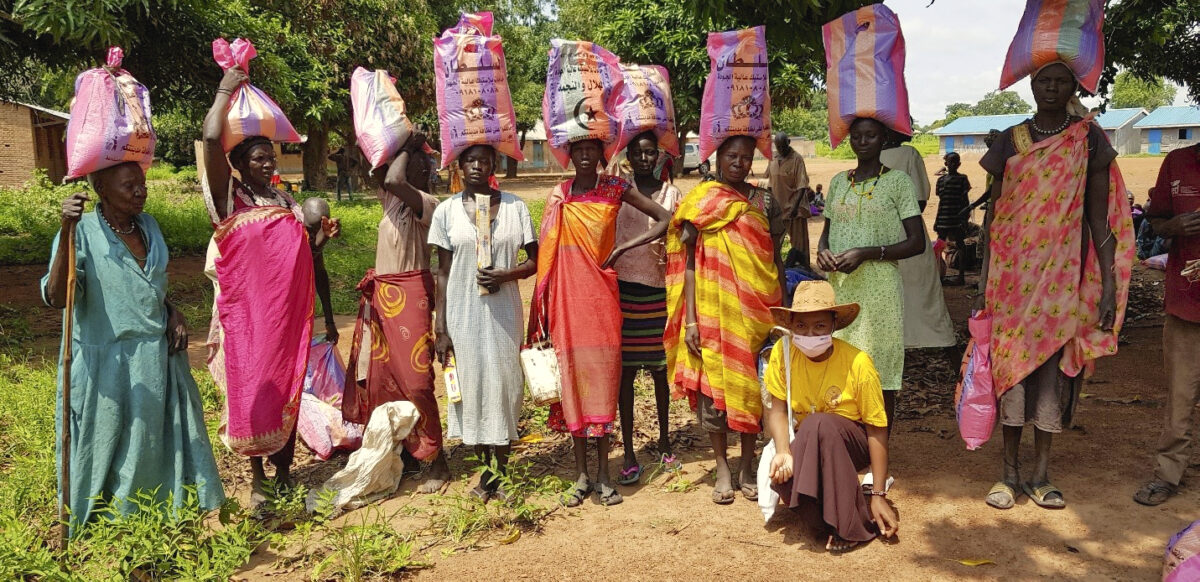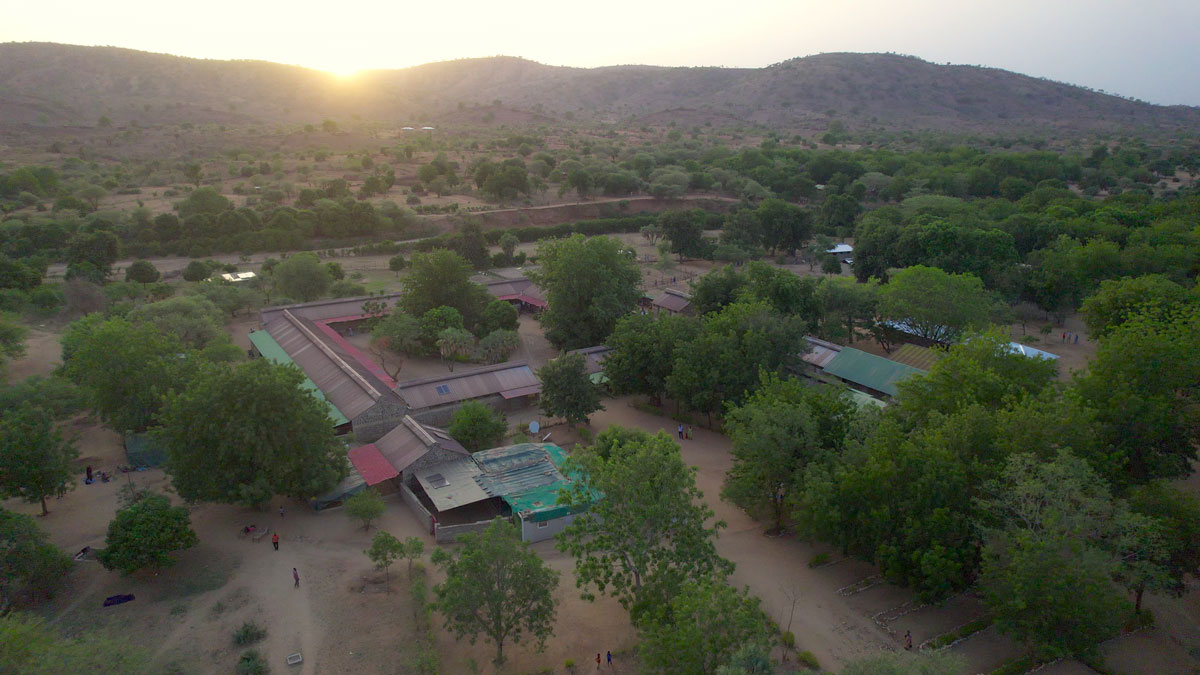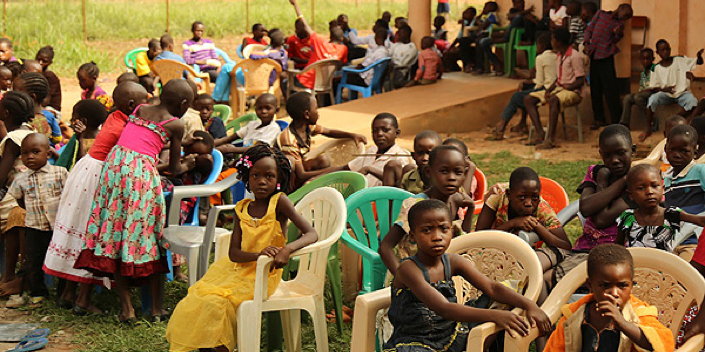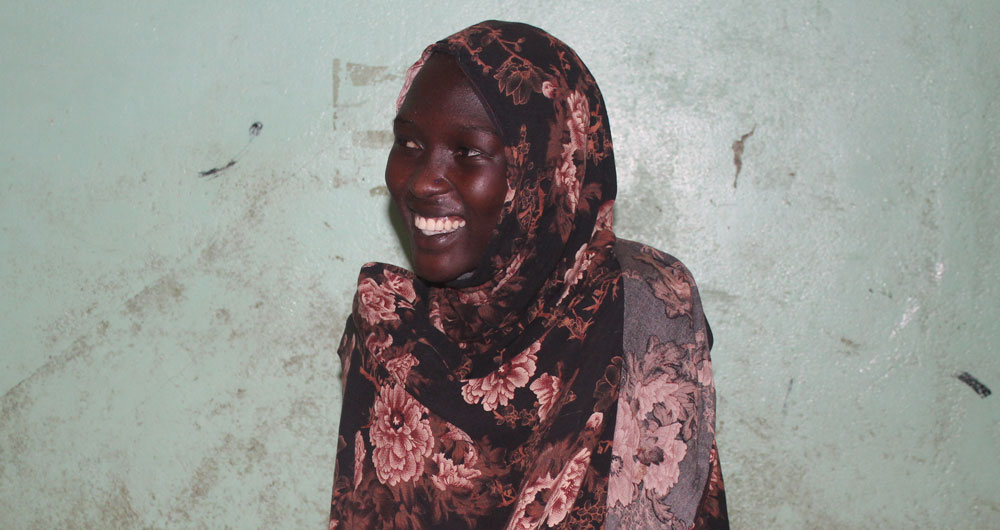
Tiyana
Young Girl Saved from Tuberculosis
“I am very thankful to this hospital”
Tuberculosis (TB) remains one of the leading infectious causes of death worldwide to this day. TB attacks the lungs and moves insidiously into other parts of the body, such as bones, kidneys, brain, and spinal cord. It can spread its deadly trail through the lymphatic system. And if left untreated in a timely manner, lead to permanent damage or death.
Tiyana was just sixteen years old when she began to feel pain in her abdomen, and experience stomach sickness that would not go away. She went to her local clinic where she was prescribed medicine for the nausea. But it didn’t help.
The abdominal pain only grew worse. What’s more, Tiyana could barely eat at all, and she was rapidly becoming thin and frail. Tiyana suffered this way for two months, vomiting constantly and bearing pain that didn’t let up.
Tiyana returned to the clinic in desperation. Seeing her declining condition, the clinicians referred her to Mother of Mercy Hospital – a mission hospital in the Nuba Mountains of Sudan, directed by Dr. Tom Catena for the past sixteen years. It is a Sudan Relief Fund supported hospital, and the only facility for hundreds of miles in all directions capable of delivering comprehensive treatment not found anywhere else in the region.
As soon as she arrived, Dr. Tom performed an ultrasound and diagnosed Tiyana with abdominal tuberculosis. At this point, she could no longer walk by herself, and had to be supported by two nurses. She was immediately started on strong rounds of medications to try to halt the onslaught of the illness.
Her TB had progressed so severely before Tiyana made it to the hospital that it would be a long road to recovery for her. Nevertheless, the team at Mother of Mercy didn’t let up and Tiyana never stopped fighting. It took a month and a half of treatment for her to turn the corner. But at last she did.
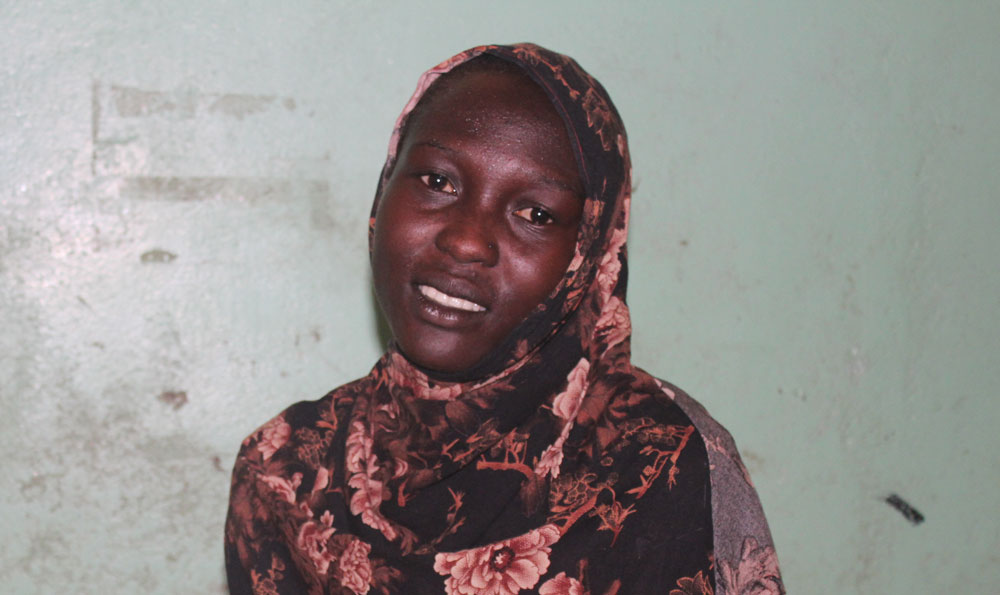
Now that she was strong enough, Tiyana also underwent abdominal surgery to repair damage to her intestines. She could begin to eat again, and Dr. Tom put her on a nutritional regimen to help Tiyana recover from her emaciated state.
Three and a half months after arriving, Tiyana is finally out of the woods and feeling strengthened again. She was moved to a rehabilitative area of the hospital to complete her full TB treatment regimen, after which time she will return home as a healthy teenage girl once again.
“I am very thankful to God for this hospital because…I would have certainly lost my life just like many others,” Tiyana expressed. “My gratitude also goes to Dr. Tom and his team for their commitment to serving humanity and saving lives like mine.”
Tiyana was able to get quality care from an excellent surgeon at Mother of Mercy Hospital, ensuring she won’t become another victim to the deadly assault of tuberculosis. Your partnership and support of the hospital has given Tiyana and those like her new hope for their future.
These stories of Lives Saved are made possible by donors and supporters of Sudan Relief Fund. Each year, our donors fund nearly all the medicine used to treat patients like Tiyana at Mother of Mercy Hospital, saving countless lives.
Would you like to pray for us? Sign up for our email prayer group to receive weekly emails sharing important needs to pray for. You’ll join a faith community around the globe praying to bring hope and help to suffering people in a forgotten part of the world. Click here to find out more.

